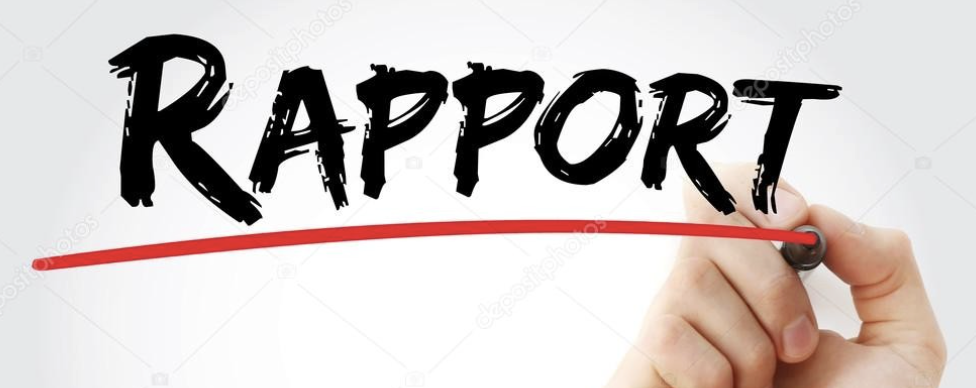Building Rapport at the Top of the Funnel: The Foundation of Every Successful Sales Relationship

When prospects first enter your sales funnel, they're not looking for a product pitch—they're looking for someone they can trust. This is why building rapport in those initial sales calls isn't just a nice-to-have; it's the cornerstone that determines whether a prospect will continue their journey with you or quietly disappear into your CRM's "cold lead" graveyard.
Why Rapport Matters Most at the Top
At the top of the funnel, you're essentially a stranger asking for someone's time, attention, and eventually their money. Without rapport, you're just another salesperson interrupting their day. With it, you become a trusted advisor who understands their world.
The statistics bear this out. Prospects are far more likely to engage with salespeople they feel connected to, and that initial connection directly impacts conversion rates throughout the entire funnel. When you establish genuine rapport early, you're not just warming up a lead—you're creating psychological safety that allows for honest conversations about problems, budgets, and decision-making processes.
Think about your own buying experiences. Have you ever purchased from someone you didn't trust or didn't like, even if their product was superior? Probably not. Your prospects feel the same way.

The Science of First Impressions
You have roughly seven seconds to make a first impression on a sales call. In that brief window, your prospect is subconsciously evaluating whether you're someone worth listening to. This evaluation happens through tone of voice, energy level, word choice, and pacing—all before you've even asked your first discovery question.
This doesn't mean you need to be fake or overly enthusiastic. Authenticity is what actually builds rapport. It means being genuinely curious about the person you're speaking with and approaching the conversation as a peer, not as someone trying to extract information for a sale.
Practical Techniques for Building Rapport Quickly
Do Your Homework: Nothing builds rapport faster than demonstrating you've invested time in understanding someone's business. Reference a recent company announcement, a post they made on LinkedIn, or an industry trend affecting their sector. This shows respect for their time and positions you as thoughtful and prepared.
Mirror and Match: Subtly adjust your communication style to match your prospect's pace and tone. If they're analytical and methodical, slow down and provide detailed information. If they're fast-paced and big-picture focused, match that energy and stay at a higher altitude. This isn't manipulation—it's meeting people where they are.
Find Common Ground: Look for genuine connections beyond the sale. Maybe you both worked in the same industry, went to the same school, or share a perspective on a business challenge. These human moments transform transactional conversations into relationship-building opportunities.
Listen More Than You Talk: The 70/30 rule exists for a reason. When prospects talk for 70% of the call, they feel heard, understood, and valued. When you talk for 70% of the call, they feel pitched to. Rapport lives in the space where you listen.

The Long-Term Payoff
Here's what many salespeople miss: rapport built at the top of the funnel compounds throughout the entire sales cycle. When a prospect trusts you early, they're more likely to be honest about their timeline, introduce you to other stakeholders, and give you candid feedback when objections arise. They'll forgive small missteps and give you the benefit of the doubt.
More importantly, they'll actually take your calls. In a world where prospects are inundated with outreach, rapport is what transforms you from "another vendor" into "that person who really gets us."
The prospects you connect with at the top of the funnel don't just become customers—they become advocates who refer you to others and renew without lengthy negotiations. This is the multiplier effect of early rapport.
The Trap to Avoid
The biggest mistake salespeople make is treating rapport-building as a checkbox to complete before "getting to the real conversation." You know the type—they spend exactly 90 seconds asking about your weekend before diving into a scripted pitch. Prospects can smell this a mile away.
Rapport isn't a phase of the call. It's the underlying current that runs through every interaction. It should feel natural, not forced. If you're watching the clock thinking "okay, rapport done, time to pitch," you're doing it wrong.


